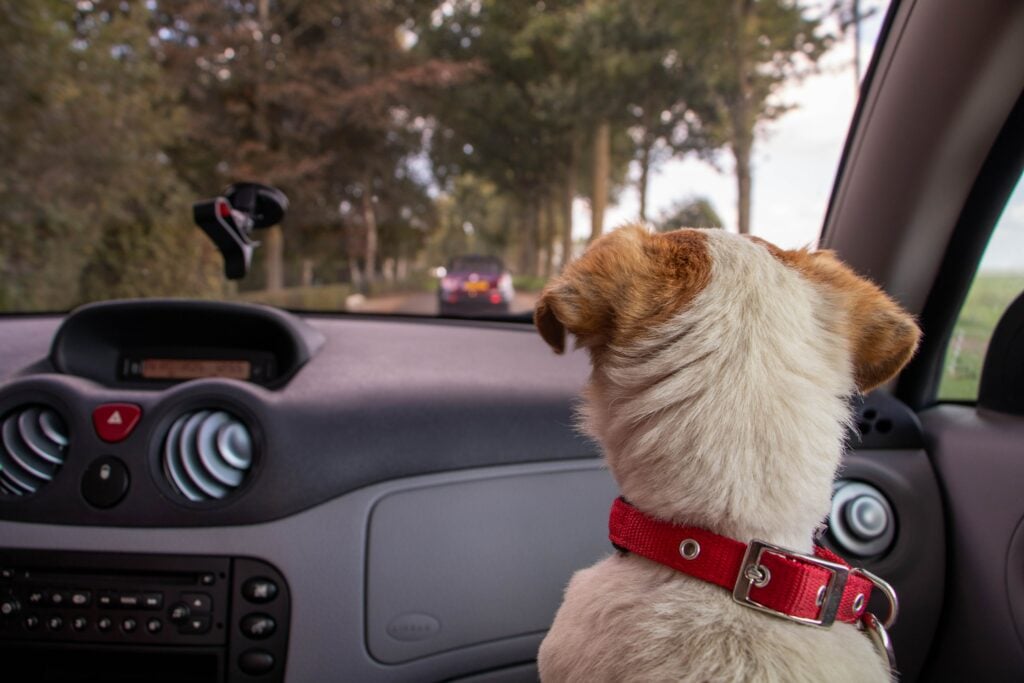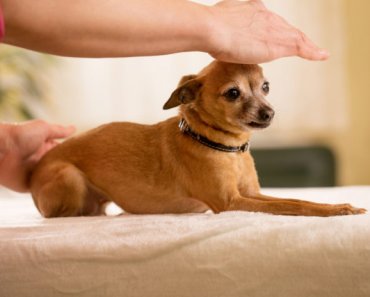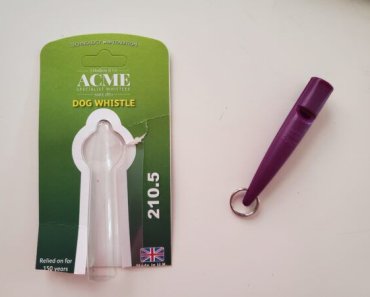While some pets eagerly anticipate car rides, for others, this
couldn’t be further from the truth. Unfortunately, car anxiety in pets is a
common problem that pet parents face. Pets that experience car anxiety often
display behaviors such as crying, shaking, or vomiting when they’re in the car
or even when they are near it. The good news is that with a little bit of
patience and their favorite Freshpet treats, most pets can overcome their car
anxiety.
What causes car anxiety
in pets?
It’s not uncommon for some pets to experience anxiety or
nervousness when it comes to car rides, and there can be a variety of reasons
for this:
- Motion
sickness: Some pets experience – or have experienced – motion sickness
when in moving vehicles, which can trigger feelings of anxiety when they need
to go into the car.
- Previous
negative experiences: Some pets may have had a car ride be part of a
past negative experience, such as a trip to the vet or being dropped off at the
shelter.
- Unfamiliar
environment: Some pets may simply feel uncomfortable in the car’s unfamiliar
and loud environment.
Regardless of the reason for your pet’s discomfort, there are a
few steps you can take to help them overcome their car anxiety and feel more at
ease.

How to reduce car
anxiety in pets
The good news is that car anxiety in pets can be reduced by
following three simple steps:
- Create positive
associations with the car itself: The first step is to introduce your pet
to the car and help them develop a positive association with it, in general. You
can start by letting them sniff around the outside of the car, gradually
working your way inside with the doors open and then closed. To make this
process move more quickly, it’s a good idea to bring a good supply of their
favorite Freshpet recipe or fresh treats – you can use this as a reward for
their good behavior during the introduction process!
- Get them
comfortable sitting inside the car: Once your pet is comfortable being in
and around the car while it’s turned off, you can start the engine while your
pet is safely inside. It’s important to avoid turning on the engine while your
pet is outside of the car, as this can be a loud and frightening experience for
them. Once again, rewarding your pet’s good behavior with their favorite
Freshpet recipe or treat can help to reinforce positive associations.
- Slowly build up
their tolerance for the sound and movement of a car: If they seem to be
handling the noises of the car okay while they’re inside and it’s stationary,
try taking a short drive around the block. Again, rewarding your pet’s good
behavior will help to create further positive associations with trips in the
car.
If this process goes smoothly, repeat it regularly while slowly
increasing your driving time. Before long, your pet should be able to sit
happily in your car for any length of time!
When to seek
professional help to tackle car anxiety in pets
If you followed the three-step process we outlined above but
your pet is still experiencing car anxiety, don’t be afraid to speak to your
veterinarian. For more severe cases of car anxiety, veterinarians can prescribe
three different types of medication:
- Anti-nausea
medication: If your pet’s car anxiety stems from feelings of motion
sickness, they may benefit from an anti-nausea medication to manage their
symptoms. If you can control their symptoms, this usually controls their
feelings of anxiety when in the car.
- Anti-anxiety
medication: If your pet is still displaying symptoms of car anxiety after
trying the anti-nausea medication, your veterinarian may recommend an
anti-anxiety medication to reduce general feelings of anxiety.
- Sedatives: If the other two
medications don’t work, your veterinarian may prescribe a sedative. Sedatives
lower their awareness of their surroundings and induce drowsiness, which can
effectively calm them down during a car journey.
Your veterinarian is here to support you in this journey and
will be able to develop a tailored plan for using medication to help you tackle
car anxiety in your pet.
We hope that you have a better idea of how to help your pet
overcome their car-related anxiety!


























